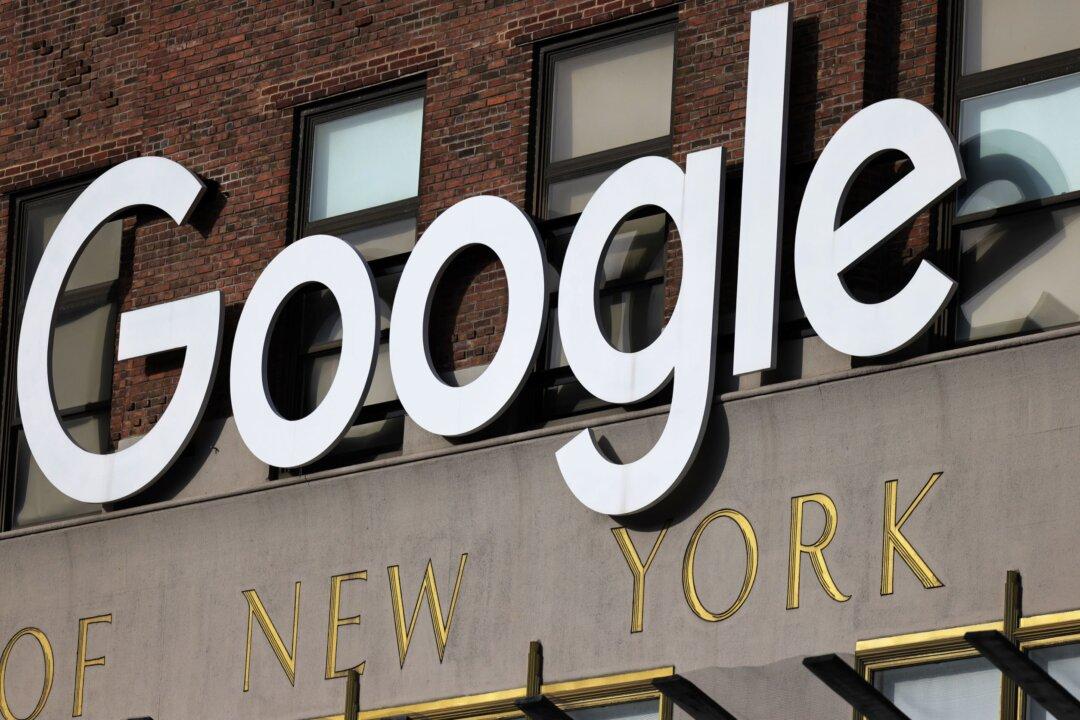The Justice Department (DOJ) on Monday accused Google of training its employees to improperly use attorney-client privilege to hide documents from discovery in litigation and government investigations.
In a court filing, the Justice Department asked for Google to be sanctioned for creating a “Communicate with Care” program that the department says trains staff to include an attorney and a request for advice when writing about sensitive business issues.





